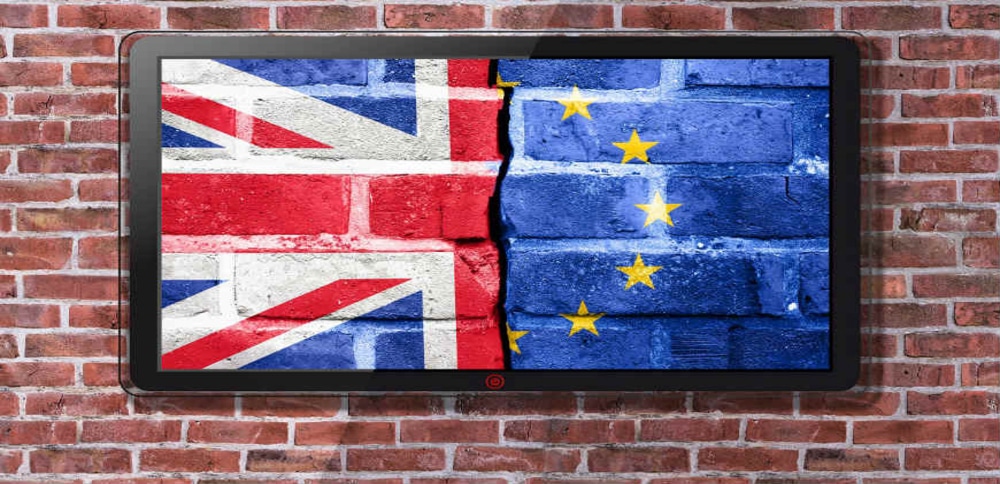The Strasbourg-based European Audiovisual Observatory has published a detailed report on post-Brexit rules. Below is a partial summary.
Both the E.U. and the U.K. provide for visa-free travel for short-term visits. This provision will not apply to future E.U. member states, unless the U.K. agrees. E.U. citizens are considered non-visa nationals for the purposes of tourism and holidays (they can go to the U.K. as visitors for six months without the need to obtain a visa). U.K. nationals do not need a visa when travelling to and within the E.U. area for short stays of up to 90 days in a rolling 180-day period, when travelling for purposes such as tourism, to visit friends or family, or to conduct a limited variety of business trips, including attending meetings, conferences, and trade fairs.
For stays of longer than 90 days in the E.U. area U.K. nationals are required to hold a residence permit or relevant visa issued by national authorities. Creative workers (for example actors, dancers, musicians, or film crew members) moving from the E.U. to the U.K. for temporary work require a certificate of sponsorship from a licensed employer beforehand.
E.U. citizens living in the U.K. for five years or more by December 31, 2020 can apply for “settled status,” allowing them to stay in the U.K. permanently. Those who do not fulfill the requisite of five years may apply for pre-settled status, allowing them to remain in the U.K. until they have reached the five years required to apply for settled status.
The following items will be granted temporary admission to the territory of either region, with conditional relief from import duties and taxes and without import restrictions or prohibitions of economic character:
Professional equipment (sound or television broadcasting necessary for representatives of the press, of broadcasting, or television organizations).
Cinematographic equipment necessary to make a film or films.
From January 1, 2021, the E.U. state aid no longer applies to the U.K., save for specific exceptions concerning Northern Ireland. The U.K. follows World Trade Organization subsidy rules and adheres to other international commitments. The U.K.’s Creative Sector Tax Reliefs are not affected by Brexit. These tax reliefs allow companies to increase their amount of allowable expenditure that reduce the amount of corporation tax to be paid. A company can claim creative industry tax reliefs if it is liable for U.K. corporation tax, is directly involved in the production and development of films, high-end television, children’s television, animation television, and video games. To qualify for creative industry tax reliefs, all films, animation, and television programs, or video games must be certified as British. They must pass a cultural test or qualify through an internationally agreed co-production treaty.
Whether U.K. nationals qualify for incentives in E.U. member states now varies territory by territory.
The U.K.’s participation in direct access to a subsidy called Creative Europe funding ended at the end of 2020. Projects funded under the 2014-20 Creative Europe program will continue to receive funding for the duration of the project, even if they have not concluded before January 1, 2021. However, many international training courses and industry initiatives funded by the program will remain open to U.K. participants under the new program from 2021 to 2027. Moreover, U.K. films will still be eligible for awards made to European distributors and sales agents. Brexit will have no impact on co- production agreements signed by the U.K., including the bi-lateral treaties signed with Australia, Brazil, Canada, China, France, India, Israel, Jamaica, Morocco, New Zealand, the Occupied Palestinian Territories, and South Africa. Moreover, the U.K. will continue to be party to the Council of Europe’s European Convention on Cinematographic Co-Production.
E.U. broadcasting services available in the U.K. from one of seven E.U. countries (Belgium, Denmark, Greece, Ireland, Luxembourg, the Netherlands, and Sweden) will need a license from U.K. regulator Ofcom to ensure they can be received in the U.K. However, Ireland’s TG4, RTÉ1, and RTÉ2 will continue to enjoy license-free reception in the U.K.












Leave A Comment